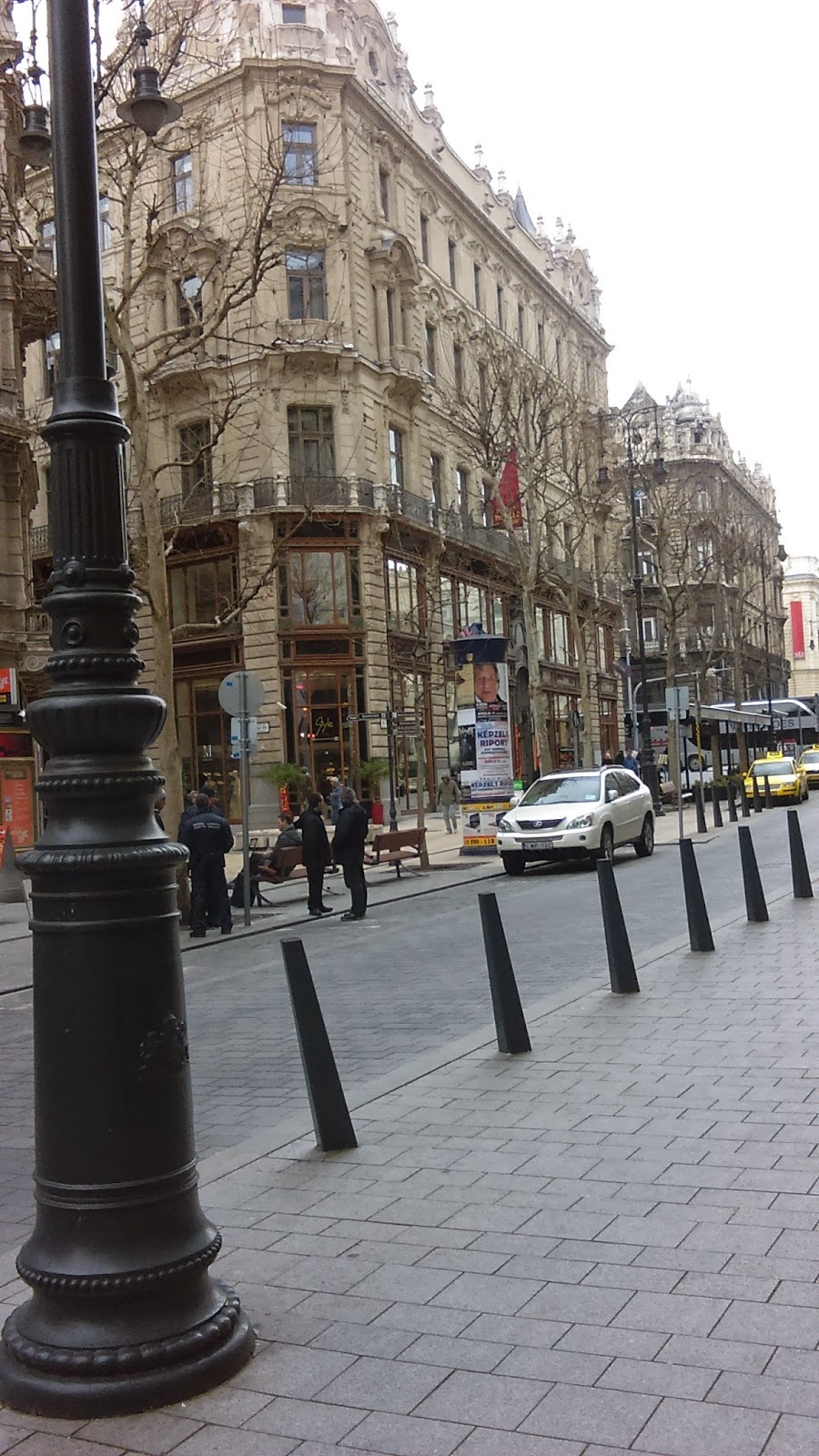A fervent prayer rose up to heaven, a fragile soul was losing groundSorting through the earthly babble, heaven heard The sound.This was a life of no distinction, no successes, only trysBut gazing down on this unlovely one, there was love… in heaven’s eyes. The orphan child, the wayward father, the homeless traveler in the rain,when life goes by and no one bothers, heaven feels the pain.But looking down, God sees each heartache; He knows each sorrow, and hears each cry,And gazing up, we see compassion’s’ fire, ablaze… In heaven’s eyes In heavens eyes there are no losers, in heavens eyes, there can be no hopeless causeOnly people like you with feelings like me, amazed by the grace we can find,In heaven’s eyes Compassion’s fire is ablaze…in heaven’s eyes. Wow! “And in the midst of the seven candlesticks one like unto the Son of man, clothed with a garment down to the…
Tag: <span>love</span>
Isa 5:20 Woe unto them that call evil good, and good evil; that put darkness for light, and light for darkness; that put bitter for sweet, and sweet for bitter! Isa 8:20 To the law and to the testimony: if they speak not according to this word, it is because there is no light in them. These days are full of peril, but peril has run before. To what degree, of course, we know not yet what our day will bring. Evil men and seducers will wax worse and worse; Matthew 24. Men will be lovers of themselves more than lovers of God. It trickles throughout history and it scurries today. It rushed in Europe in the 40’s, in Asia later. It gushed 13th century and streamed during Christ’s time. This threat personified itself in the early centuries A.D. It was even sport. It seems that man could always count…
on the Danube at night In the day of my trouble I sought the Lord: my sore ran in the night, and ceased not: my soul refused to be comforted. Psalm 77:2 “Regret describes a slight disappointment over loss.” “Sadness is a taste of the truth that the world is not all right, creation is not what it was meant to be.” “Depression is a continual state of mind; effort appears futile because it seems that nothing can really help or provide meaning.” “Despair is the utter absence of any sense of hope, accompanied by a sense of powerlessness.” Quotes are from “The Cry of the Soul,” Allender and Longman. When a soul refuses to be comforted what is happening? The place of “dis-ease” appears to be safer? “Powerlessness” has displaced “power” as the more “real” value priority, through testing over time? Despair is insulating a person from the disappointment…
There is a river where mercy flows, I’m going to follow where it goes, where it goes, where it goes, I’ll follow wherever it goes. There is a fountain that will cleanse, all those who wash there from all sin, from all sin, from all sin, all those who are washed from all sin. There is a refuge for wounded souls, their broken hearts will be made whole, be made whole, be made whole; their broken hearts will be made whole There was a death that empties tombs, there is a scar that heals all wounds, heals all wounds, heals all wounds, a scar that heals all wounds. There is one name that leads us home, it is no other than Christ alone, Christ alone, Christ alone, no other than Christ alone. Have you ever expected punishment but instead found clemency? Expected rebuke but found compassion, expected a repulse only…
Dust accumulates, so does our soul’s cleaving to it. A soul catches by pursuit the powdered clay, and melts, cheapened, and dissolves for lack of lift. A soul can faint as a body lacking bread, hugging gravity’s drag. Love defies all, flies away. I noticed something; I wanna go down, I’m one with the tow — “O just a little slumber in myself.” A beckoning, a sirens call, a lure, a lust, a hell-bent, “come down, come on, it will feel so nice.” Now, self-respect cannot accompany; it too walks away. The tax-collector wants his, also; as the wind of waste, so the debt of treachery. Give hell a place, incur a debt, let your hair down; it will yank you lower. Caught; we cry, “O who will deliver me from myself?” “Love, please return to enlarge this tent, set my steps as springs, inspire my well-being, O Word of grace!” “Why…
God seems a mere fancy to me — spooky, hiding in the shadows, not really concerned. If love and anger are two feelings which are in people, I guess God don’t have these. In one story about Him He is a big Hand in the sky — of His Son, Jesus; a tough “figure out” for me. “What does He want?” I wonder! – the answer could fill a big void with the other “what you have to do’s.” At church and grade-school we think about God. Statues of Jesus help at some picture making. In our church’s statues He seems a shepherd type, but I have never seen a real shepherd. These stir up notions more than real bytes. None of my senses make God out to be really real. He is not laughing nor crying; has no facial air. He speaks another language; Latin. I don’t know what…
The old story factored relevant, as pig pens are pig pens no matter how a person gets there. I certainly found myself in the same disgusting state as the wayward son, barely surviving with only scraps of nourishment fit for swine. The thing that I and the prodigal shared was the ineptness that took us into our groveling conditions but also the ham-fisted incompetence toward getting out. For the out of control youth, the face in slop was preceded by the low-paying hog-feeding job, and prior to that was a kind of hysteria. Yes, the Bible teaches that the boy’s waste of substance with riotous living caused an emotional trauma for him. His unfortified ability to control things was lost and the bottom was dropping out of his big strategy. In his soul’s lowest of the low, nothing of his self-made mess was faceable for him now. For me, the…
Downtown Budapest John the Baptist was a burning and shining light. What qualified him? Perhaps 2 Cor 4:6 helps “For God, who commanded the light to shine out of darkness, hath shined in our hearts, to give the light of the knowledge of the glory of God in the face of Jesus Christ.” The light of the knowledge of the glory of God? — Light of knowledge? — Of glory? — Of God? — God’s glory’s knowledge? — “Gnosis”, “doxa” in the face of Jesus? — John reflected Jesus’ face of knowledge of the glory of God. How can a person be a shining light? If he or she leads many to righteousness, they will shine like the stars in the firmament says Daniel 10. Ecc 8:1 points out; “Who is as the wise man? and who knoweth the interpretation of a thing? a man’s wisdom maketh his face to…
On the Danube River Create? Imagination and what else? Materials are necessary but so is glue. Thoughts and words must meld in a way that has continuity and also sensible relatedness. There needs to be permanence, stability, link, no interruption. Abstractions? Unless somehow connected to sanity, these are illegitimate in my opinion. Why? Because any idiot can build oblivion by non-thinking, but true creativity requires a mind applied, inspired, with vision. It is constructive and not destructive. Reflections are interesting as they expose the negative side of a positive. For example, wholesomeness reflects as decadence on the pessimistic side, decency becomes immodesty, integrity becomes fragmentation, and benevolence becomes offensiveness. Cmon, friends, you want to uglify beauty and call that art? Instead, let’s turn it around and beautify something hideous; now that’s creativity! See, true creativity requires some givens, namely love. The higher the degree of love involved and understood, the…









